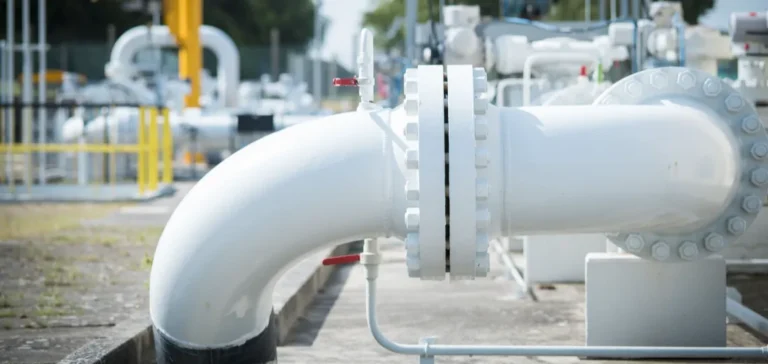Global demand for biofuels is expected to reach 825 million metric tons per year by 2030, according to the Renewables 2025 report by the International Energy Agency (IEA). This figure represents a 25% increase from 2024 levels. The IEA states that biofuels could account for 27% of global vegetable oil production and 80% of waste and residue oil supply by the end of the decade.
Strong reliance on imports
Since 2020, used oil imports to the European Union and the United States have increased twentyfold. Around 60% of these volumes originate from China and Indonesia. This rapid development raises concerns about the reliability of the supply chain. The IEA notes that the United States, formerly a net exporter, has become a net importer due to the expansion of renewable diesel and sustainable aviation fuel (SAF) production.
New blending obligations in Europe, targeting a 6% share for aviation fuels by 2030, alongside maritime requirements and incentives for low-carbon intensity fuels, are driving up demand for these oils. They are especially valued for their favourable lifecycle emissions profiles.
Diverging regional strategies
Globally, feedstock imports remain limited to around 10% of total demand, but regional differences are becoming more pronounced. Indonesia and Brazil maintain strong domestic availability thanks to local palm oil and sugarcane supplies. In contrast, European and North American markets increasingly rely on imports to meet renewable fuel targets.
Europe remains the largest demand centre for used and residue oils, although consumption is also growing in Southeast Asia to supply Singapore’s refining capacity. In July 2025, used oil prices in the European Union reached their highest level in two years, while U.S. soybean oil futures rose 20%.
Strengthened regulatory oversight
In response to supply chain concerns, authorities in both Europe and the United States have tightened regulatory frameworks. The European Commission launched a Union-wide biofuel database to ensure traceability and prevent double-counting. The International Sustainability and Carbon Certification (ISCC) scheme suspended certificates for over 130 companies and revised its audit procedures.
In the United States, the One Big Beautiful Bill Act eliminated tax credits for imported biofuels, except those sourced from Canada and Mexico. Proposed updates to the Renewable Fuel Standard also halve credit values for fuels made from imported feedstocks.
Limited supply of advanced feedstocks
Despite growing interest in next-generation fuels, pathways relying on advanced feedstocks remain limited. In the IEA’s accelerated scenario, cellulosic ethanol and Fischer-Tropsch fuels could quadruple in volume to 45 million metric tons annually by 2030.
The use of lignocellulosic biomass and alcohols is expected to remain restricted to certain markets such as the United Kingdom and the European Union. Technological and economic barriers continue to limit broader deployment.
Rising competition across sectors
Even though sustainable aviation fuel will account for only 2% of total feedstock demand by 2030, its expansion is placing direct pressure on already limited used oil supply. The IEA estimates that 55% of SAF inputs will come from waste oils due to their compliance under the Carbon Offsetting and Reduction Scheme for International Aviation (CORSIA) and ReFuelEU Aviation regulations.
This growing competition between road transport and aviation for the same premium feedstocks is likely to increase price volatility throughout the decade.
Accelerated scenario and structural constraints
In its accelerated scenario, the IEA projects an additional increase of 125 million metric tons in feedstock demand, reaching 950 million metric tons annually by 2030. Meeting this would require coordinated strategies including yield optimisation, crop rotation, use of degraded land, and the development of emerging technologies.
Despite these constraints, the IEA forecasts a 43 billion litre increase in global biofuel consumption by 2030. However, the agency notes that many producers, particularly of biodiesel, renewable diesel and SAF, experienced tight or negative margins in 2025.
Performance-based standards are expected to account for one-third of total biofuel demand by 2030, up from just under 20% in 2024, as governments move from volumetric mandates to emission reduction frameworks.






















